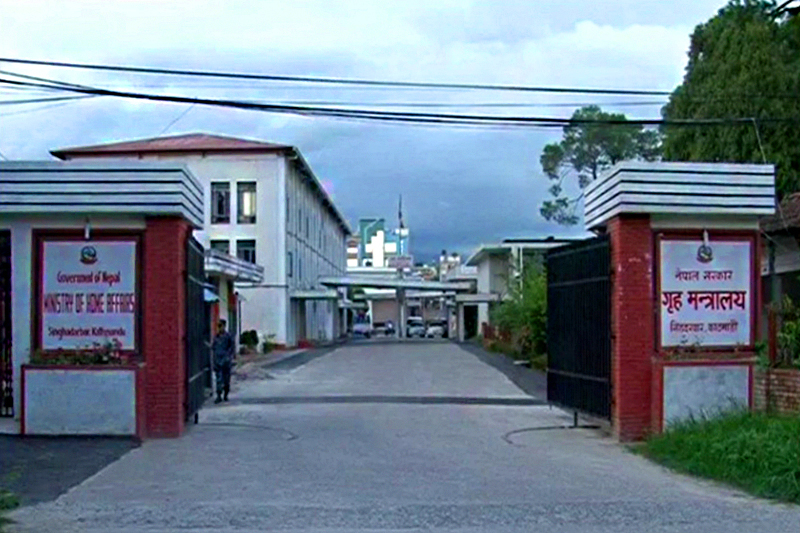Women group presents charter of demands
Kathmandu, April 19
Women-Friendly Disaster Management group, Inter-Generational Feminist Thought Leaders’ Group and Women Humanitarian and Disaster Risk Reduction Platform in coordination with UN Women has jointly formulated a charter of demands to ensure that the COVID-19 response does not exacerbate or magnify existing inequalities and vulnerabilities.
The network shared the charter of demands with Deputy Prime Minister and Minister of Defence Ishwar Pokhrel, Ministry of Home Affairs, Ministry of Women, Children and Senior Citizen and also with all the chief ministers of the provinces via email, said a press release issued by WFDM today.
Chandani Joshi, chair of WFDM, sent the charter of demands to recall and act in accordance with human rights standards in their response to COVID-19 and uphold the principles of equality and non-discrimination, foregrounding the needs and interests of the most marginalised people — women, children, elderly, differently-abled persons, rural women, LGBTIQs, sex workers, those in the informal economy, refugees, migrants, indigenous nationalities and people without identity documents.
The charter includes immediate priorities, short-term priorities and long-term priorities. Immediate priorities urges the authorities to ensure access to timely, accurate and regular risk communication information in multiple languages, recognise specific needs of women healthcare workers, increase access to COVID-19 testing, ensure access to water, sanitation and hygiene and shelter services and ensure immediate and accessible transportation facility for daily wage workers stranded in different locations in the country.
Short-term priorities calls for addressing the increased care burden on women, responding to gender-based violence, expanding social protection measures to reduce the impact on women and excluded groups facing loss of livelihoods, ensuring job security and paid leave for pregnant and lactating women health workers, ensuring food security for the most vulnerable households and participation of women in the high level commission formulated on COVID-19, among others.
Long-term priorities are related to promotion of women’s economic security and rights as part of early recovery efforts and women’s leadership and representation in response and recovery decision making.
A version of this article appears in e-paper on April 20, 2020, of The Himalayan Times.






